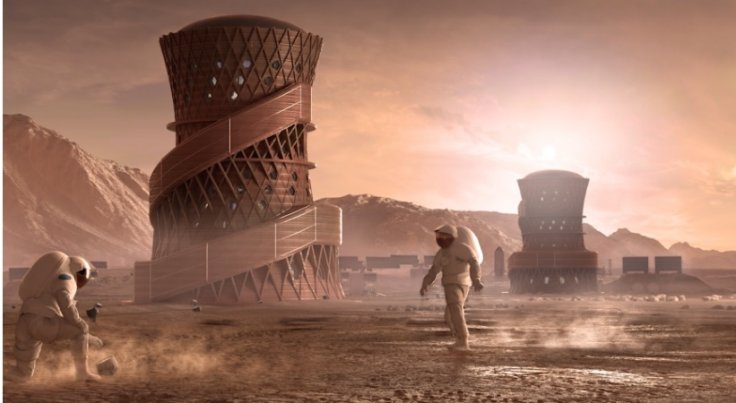President Donald Trump has assured Americans that the United States will be the first nation to plant the flag on Mars. Trump also revealed that the US will be the first country to put a female astronaut on the moon. The US president made these remarks while addressing the RNC conference to receive the party's official presidential nomination for 2020.
America's Space Dreams
In the upcoming presidential election on November 3, Trump will face Democratic Party challenger Joe Biden. The recent comment from Trump is expected to elevate his public acceptance, especially among nationalist citizens who love to see the country dominating the space race.

"We will launch a new age of American Ambition in space. America will land the first woman on the moon – and the United States will be the first nation to plant its flag on Mars," said Trump during the RNC conference.
Even though widely considered an unrealistic timeline, NASA aims to return to the moon in 2024. After achieving the moon landing, the United States space agency will land humans on Mars in the early 2030s.
NASA's Unrealistic Timeline
However, several skeptics believe that NASA will not succeed in landing humans on the moon by 2024. According to these skeptics, lack of proper planning and funding issues are negatively impacting NASA's future space missions, and they believe that the next human moon landing can be achieved only after 2030.
Christopher Wanjek, author of 'Spacefarers: How Humans Will Settle the Moon, Mars, and Beyond' also shares similar views, and he believes that the timeline set by NASA is literally unrealistic.
"This plan to get humans back to the Moon by 2024 is ill-fated. It was a bad idea to begin with and now with the pandemic, it's certainly not going to happen. What you want to do, and what NASA was planning on doing, is slowly get back thereby setting up an infrastructure. Send some robots, map out the area, lay down some infrastructure," Wanjek told Express.co.uk.
The Problem Surrounding Brain Expansion
A few months back, a study conducted by researchers at the University of Texas had found that the brain of astronauts will swell in microgravity conditions, and this could be one of the most crucial issues space agencies like NASA should have to address during long-distance Mars flights.
According to this study report, gravity on earth helps blood flow down the human body. However, under microgravity conditions, blood will pool up in the optic nerve, along with a surplus of fluid that will gradually result in the expansion of the astronaut's brain.
Apart from this space radiation is another challenge that will be faced by NASA during their Mars mission. Citing the dangers of space radiation, Samantha Rolfe, a popular astrobiologist, had also warned NASA that their upcoming mission to Mars is suicidal.









